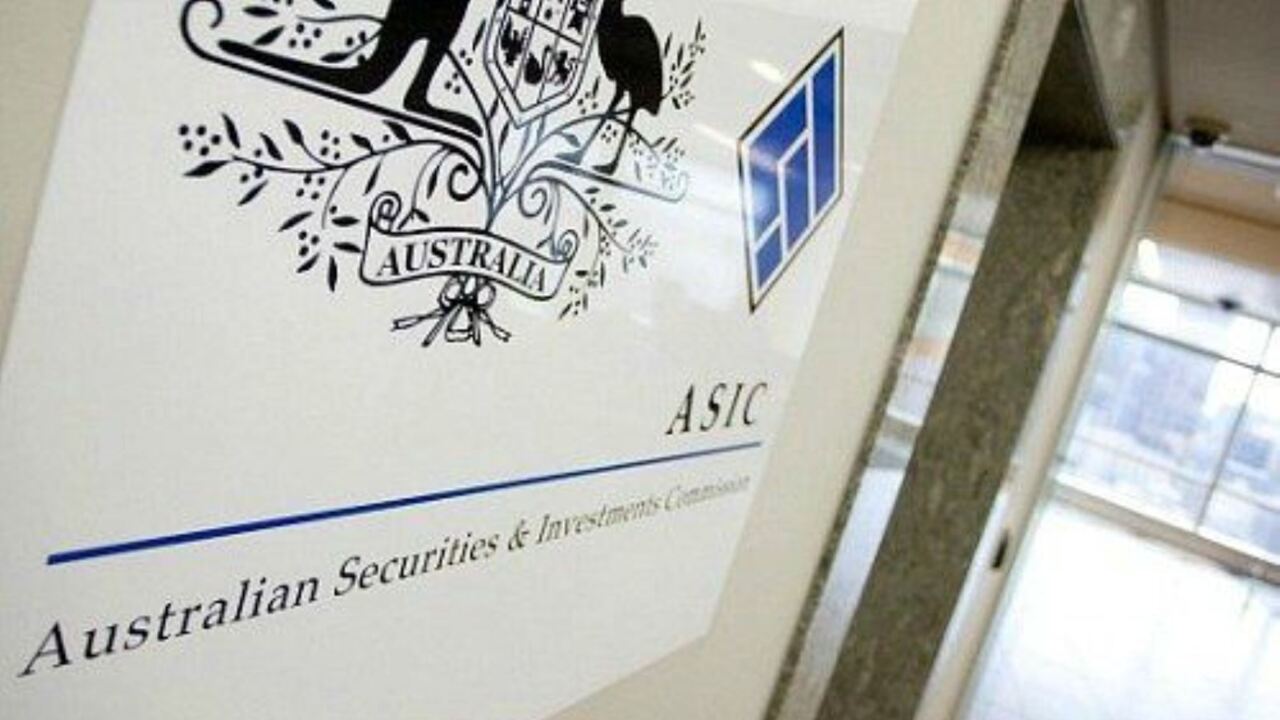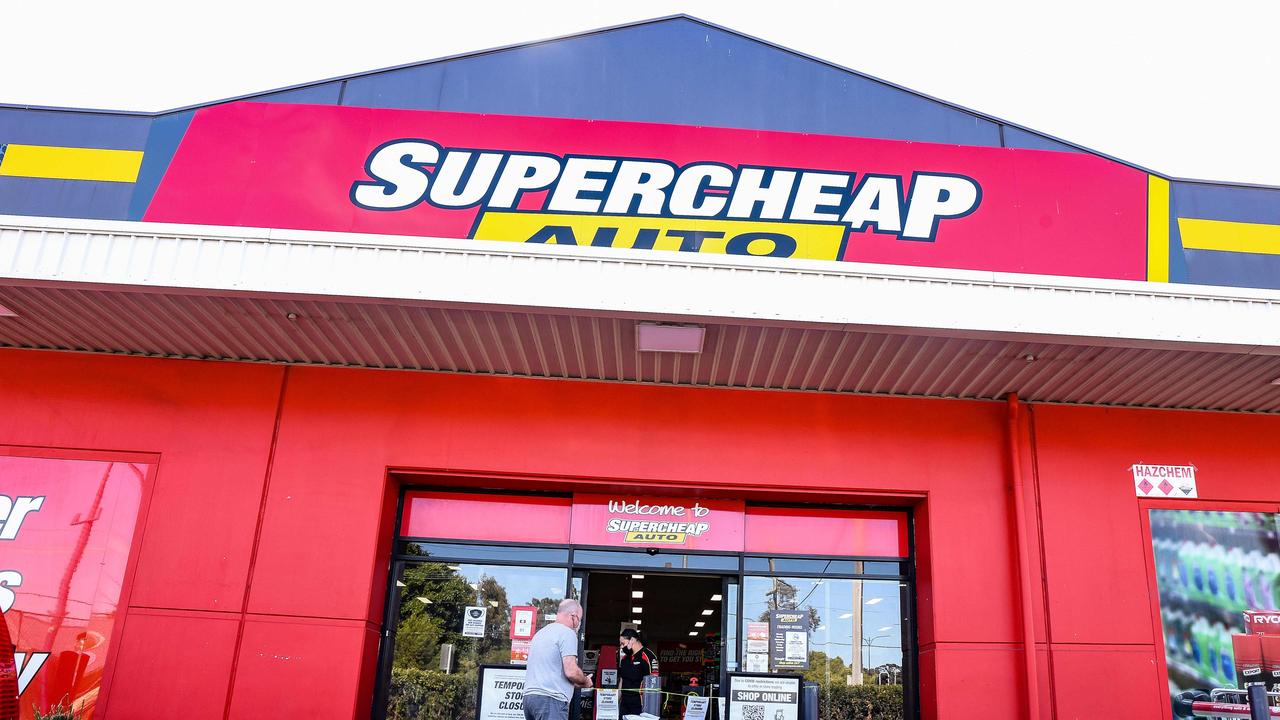ASX resolves settlements issue but investors are still angry
The accident-prone ASX has fixed its tech glitches that last week held up the settlement of trades, but market participants and investors remain worried about future mishaps.

Business
Don't miss out on the headlines from Business. Followed categories will be added to My News.
Equities market operator ASX Limited says a glitch that resulted in billions of dollars worth of trades being unable to settle last week due to a failure of its CHESS settlement system has been resolved, although the drama has attracted the attention of regulators and anger of investors.
On Monday the ASX delivered on its weekend promise of successfully pushing through hundreds of millions of trades from Thursday and Friday that had failed to settle due to a breakdown in the ageing and doddery settlements platform, with those trades completed by 1.09pm AEDT.
As part of the fix – frantically put together over the weekend by IT staff, engineers and other ASX executives – the batch of settlements was delayed on Monday from 11.30am to 12pm, and then later to 12.30pm. “We are pleased to confirm the issue has been resolved,” an ASX spokeswoman said on Monday.
An incident report relating to last week’s system failure is to be prepared by the ASX for regulators including the Australian Securities & Investments Commission and the Reserve Bank, with the market operator already on the radar of these bodies following a catastrophic IT meltdown in November 2022 that caused an embarrassing and costly market outage.
Late on Sunday in a video call with more than 170 market participants, executives from the equities market operator explained the reasons for the failures last week, pledged that the problem had been rectified, and said normal trading would recommence on Monday, as well as the settlement of backed-up trades.
The ASX also pledged to waive levies charged on late settlements.
In a range of weekend discussions, the RBA was kept involved with the ASX’s response, while the corporate regulator also oversaw proceedings.
However, the settlements failure caused much anger among market participants and investors, especially following the market outage in 2022 and the failed attempt by the ASX to replace its ageing CHESS platform with a blockchain-based platform that ultimately had to be abandoned after six years of work and which cost $250m worth of writedowns.
Veteran funds manager Angus Gluskie told The Australian the nation’s flagship equities market was of crucial importance and it was vital for it to operate in an orderly and functional fashion.
“The ASX provides a vital service, and it’s absolutely important that it functions totally correctly all the time,” Mr Gluskie said.
“My understanding is, unless something has come out in the last hour or so, we haven’t had a full explanation of the reasons behind it and obviously it is a concern to market participants.
“People would also be concerned if there was a latent problem that is going to reoccur.”
Mr Gluskie leads two publicly listed companies on the ASX – the 101-year-old listed investment company Whitefield and the recently floated Whitefield Income fund. He said there might be a “very easy answer or reason behind” the failure, which market participants would all like to know.
There was also a role for market regulators to review the situation, he said.
“Obviously regulators beyond the ASX will be looking at it closely as well, and if you think back in 2020 when they had some issues around settlement, it was a clear focus for them,” he said.
“And in the background, we all know that [ASX Limited] is looking to rebuild and refresh their systems, but it’s an extended process, that’s still going to take some time to roll out.”
Mr Whitefield said his twin funds were not affected last week when the ASX’s settlements systems failed, as they were not trading on those particular days.
In the wake of the IT failures, cost overruns and $250m in writedowns linked to ASX’s problematic and ageing CHESS settlements system and an abandoned blockchain-based replacement, Mr Gluskie said he was not currently a buyer of shares in ASX Limited at this time.
“We do hold them, but it all comes back to valuation,” he said.
“It’s still moderately expensive and essentially it’s a good monopoly position. So I always think it has a good inherent value.
“But against that they’ve got the challenges of having to resurrect or rebuild this component of their system and that’s always a costly process that invariably takes more time and costs more money.
“And that’s a net subtraction of value for a period of time.”
Shares in ASX Limited closed up 2 per cent at $65.59 on Monday.
The stock is up 4.66 per cent in the past 12 months, but down 19.36 per cent over the past five years.
More Coverage
Originally published as ASX resolves settlements issue but investors are still angry





